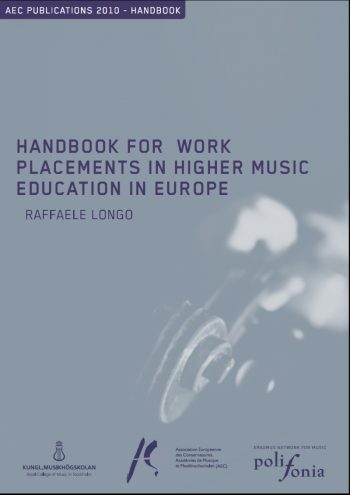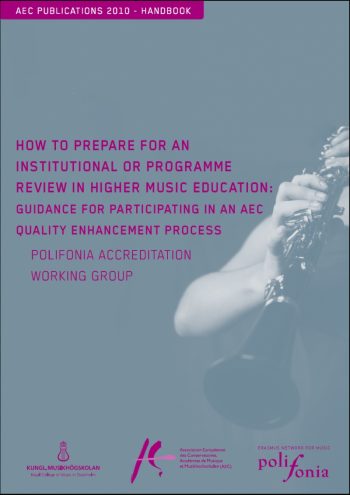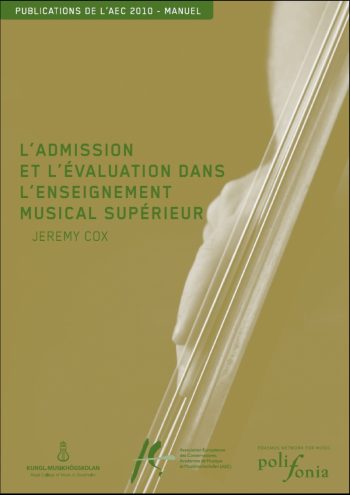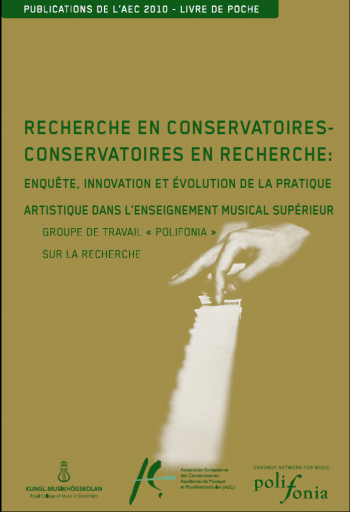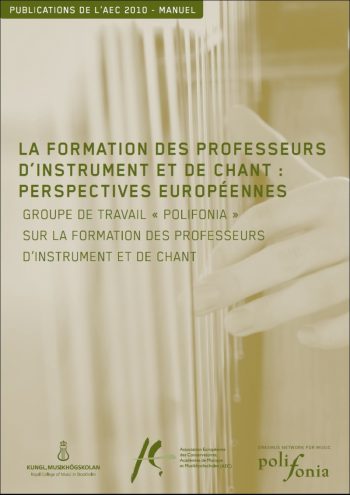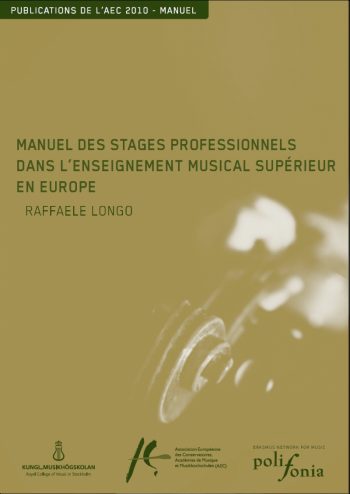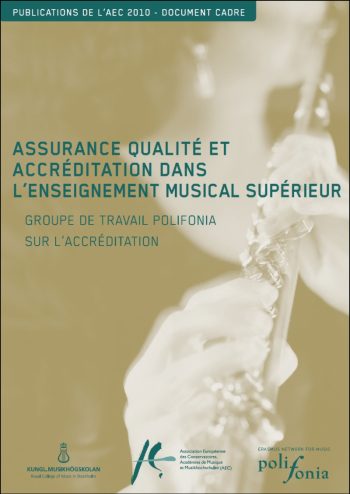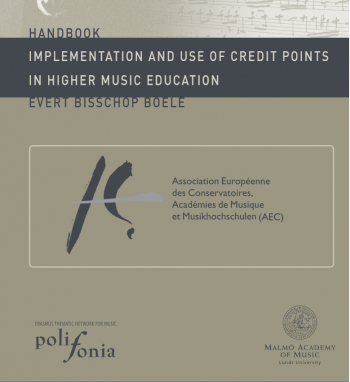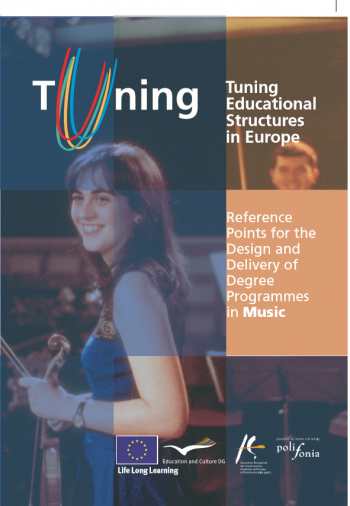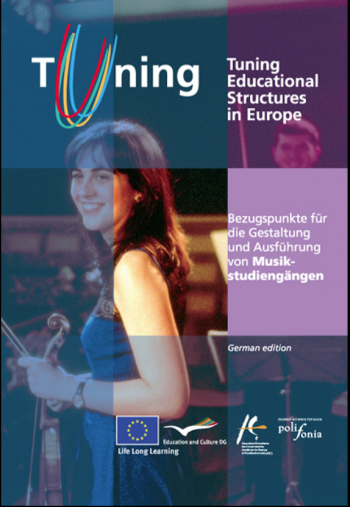Publications
Handbooks and Reports
AEC Handbook for Work Placements in Higher Music Education in Europe
This publication is meant to be a brief practical guide for higher music education institutions willing to engage not only in student mobility for studies, but also in student mobility for work placements. The new focus of the mobility programmes on placements is the tangible response to the rapid changes in the job market, which occur also in the music sector.
Read moreAEC Handbook How to Prepare for an Institutional or Programme Review in Higher Music Education
The Association Européenne des Conservatoires, Académies de Musique et Musikhochschulen (AEC) has developed a framework for reviews of European higher music education institutions and programmes in music. .This handbook contains all the necessary information and descriptions of procedures with respect to this process and outlines an indicative time schedule for it (from the point where an institution applies for a visit until the production of the final report). It also provides a programme template for the visit itself.
Read moreAEC Handbook Admission et Evaluation dans l Enseignement musical supérieur
Ce manuel traite principalement de la question de l’évaluation dans l’enseignement musical supérieur. Il tente de placer l’évaluation dans le contexte des évolutions se déroulant actuellement dans l’enseignement musical supérieur, en particulier les changements liés au processus de Bologne. Toutefois, il s’intéresse également à la question de l’admission, dans la mesure où l’évaluation des compétences musicales acquises par un candidat avant son entrée dans l’enseignement musical supérieur ainsi que le potentiel qu’a le candidat pour continuer à progresser dans l’enseignement supérieur sont au coeur des procédures d’admission.
Read moreAEC Pocketbook – Recherche en Conservatoires – Conservatoires en Recherche
Il y a vingt ans, la recherche dans les conservatoires se limitait généralement à la musicologie ou à la théorie de la musique. En 2010, le paysage est complètement différent (Jorgensen, 2009). La recherche touche les secteurs les plus variés, et la diversité des approches méthodologiques et des présentations de résultats offre un kaléidoscope de possibilités.
Read moreAEC Handbook La formation des professeurs d instrument et de chant
La formation professionnelle des interprètes a été au centre des discussions à l’Association Européenne des Conservatoires (AEC) pendant de nombreuses années. Cela reflétait assez l’opinion (qui subsiste toujours dans certains établissements) selon laquelle « on fait de l’enseignement quand on a échoué comme interprète ». Tout récemment, les opinions ont radicalement changé.
Read moreAEC Hanbook Manuel des stages professionnels dans l enseignement musical supérieur
Cette publication se veut un bref guide pratique pour les établissements d’enseignement musical supérieur souhaitant favoriser la mobilité des étudiants non seulement dans les études, mais également dans les stages professionnels. Le nouvel intérêt des programmes de mobilité pour les stages professionnels est la réponse concrète aux changements rapides du marché du travail, qui se produisent également dans le secteur de musique.
Read moreAEC Handbook Assurance Qualité et Accréditation dans l enseignement musical supérieur
Le projet de l’AEC sur « L’Accréditation dans la formation musicale professionnelle en Europe », qui s’est déroulé en 2006-20078, a donné lieu à la formulation de critères et procédures européens communs pour l’assurance qualité et l’accréditation externes, qui ont été testés lors de visites d’évaluation dans plusieurs établissements.
Read moreAEC Handbook Implementation and use of credits points in Higher Music Education
The introduction of credit point systems has been an important issue in the context of the Bologna process, which seeks to create a harmonised area of higher education across Europe. In higher music education, a credit point system is something relatively new for many institutions.
Read moreTuning Educational Structures in Europe – Reference Points for the Design and Delivery of Degree Programmes in Music (2009) (EN, FR, DE)
The present document is the outcome of a long process and the result of the work of several European expert working groups. It includes a description of the characteristics, learning outcomes and competences of higher music education.
Read moreBezugspunkte für die Gestaltung und Ausführung von Musikstudiengängen Musikhochschulbildung
Das vorliegende Dokument ist somit das Ergebnis eines langen Prozesses sowie der Arbeit mehrerer europäischer Fachgruppen. Es enthält eine Beschreibung der Charakteristika, Lernergebnisse und Kompetenzen der Musikhochschulbildung.
Read more
